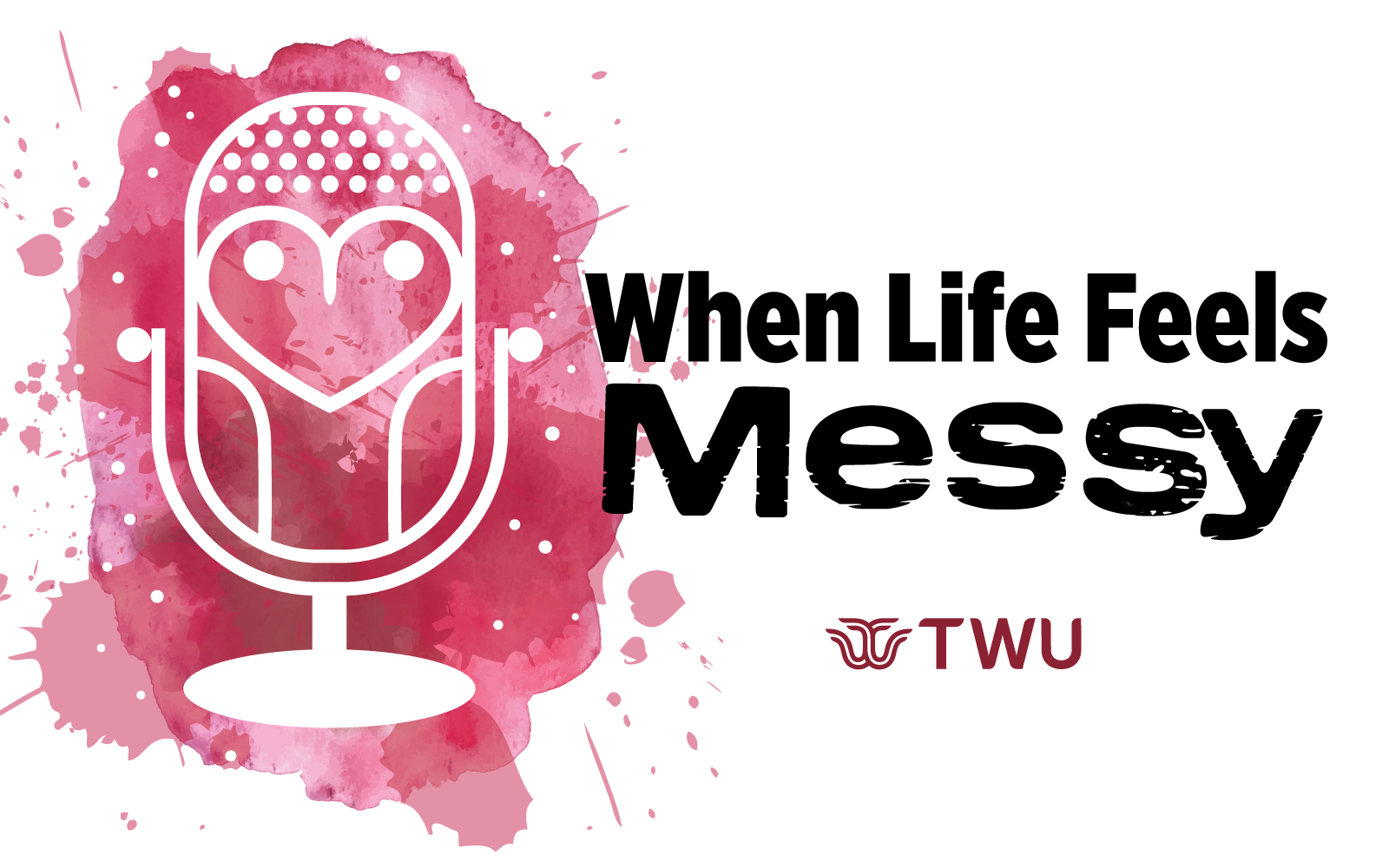When we really think about these commonly used phrases and zoom out at the bigger picture, we see a real problem with using this type of language. The problem being a society where being a “man” is correlated with toughness, resilience, lacking of emotions, being un-phased by things, and an example of "strength".
Because of this, a huge stigma has developed for men to inadvertently build walls around emotional expression and vulnerability and feeling as though they are unable to genuinely tap into that part of themselves.
The truth is, men feel just as deeply as anyone else, but the
societal expectation to remain tough and unshaken often silences those emotions.
But what’s the toll from this mentality?
The pressure to appear strong and unemotional has real
consequences. Studies show that men are less likely than women to seek help for
mental health challenges, even though they are equally susceptible to
depression, anxiety, and stress. Tragically, men are also more likely to die by
suicide, with societal stigma often playing a significant role in their
silence.
The "man up" mindset reinforces the idea that
showing vulnerability is weak or unmanly. This leads to:
- Bottling Emotions:
- Suppressed feelings can result in explosive anger, irritability, or long-term emotional numbness.
- Unhealthy Coping Mechanisms:
- Many men turn to alcohol, drugs, or overworking as a way to escape their feelings.
- Strained Relationships:
- Emotional walls hinder meaningful connections with partners, friends, and family.
- Physical Health Risks:
- The stress of keeping emotions hidden can increase the risk of heart disease and other health problems.
But just because this is a stigmatized narrative for men, doesn’t mean we can’t challenge this and enter into an era of embracing emotional expression and vulnerability, no matter who you are. Think about a movement that happened in the late 2000’s, where all of a sudden there was a trend in boys/men wearing pink and the slogan “real men wear pink”. How can we modernize this now to “real men/boys express their emotions”?
Breaking free
from the "man up" mentality means redefining what strength actually represents. Strength isn’t about ignoring your feelings; it’s about facing them
head-on. Here are a few ways we can collectively challenge outdated notions of
masculinity:
- Normalize Vulnerability:
- Vulnerability is not a weakness; it’s a human strength. Men should feel encouraged to talk about their feelings without fear of judgment.
- Create Safe Spaces:
- Friends, family, and communities can create environments where men feel comfortable opening up. Ask genuine questions like, “How are you really doing?” and be ready to listen.
- Teach Emotional Literacy:
- Many men were never taught to identify or process their emotions. Providing tools for emotional awareness, such as the Emotions/Feelings wheel below, psychoeducational books/workbooks, and therapy, can be transformative.
- Challenge Gender Norms:
- Speak out when you hear phrases like “Boys don’t cry.” Educate others on how these outdated beliefs harm everyone, not just men.
- Promote Therapy as a Tool, Not a Crutch:
- Therapy isn’t about fixing something broken; it’s about growth. Let’s normalize the idea of men seeking therapy as a way to thrive, not just survive.
- A Call to Action for Men and Allies:
- Shedding the "man up" mentality doesn’t mean abandoning strength—it means expanding its definition. True strength lies in authenticity, connection, and self-awareness.
For men: It’s okay to cry. It’s okay to feel overwhelmed.
It’s okay to not have all the answers. Reaching out for help isn’t giving up;
it’s stepping up for yourself and the people you care about.
For allies: Support the men in your life by encouraging them
to express their emotions. Check in regularly and remind them that it’s okay to
feel—and heal.
The world is slowly shifting its view of masculinity, but
the work isn’t done. As we collectively challenge harmful stereotypes, we open
the door for men to live fuller, healthier lives. It’s time to shed the
"man up" mentality and embrace a new narrative: "Expressing emotions is a universal human right." Real men don’t suppress their emotions—they own them.
Remember: You don’t have to carry it all alone. Asking for
help is one of the bravest things you can do. Let’s normalize that.
Take Care, Pioneers!
-TWU CAPS
Resource: Emotion-Sensation Wheel - used to identify emotions/body sensations



Comments
Post a Comment